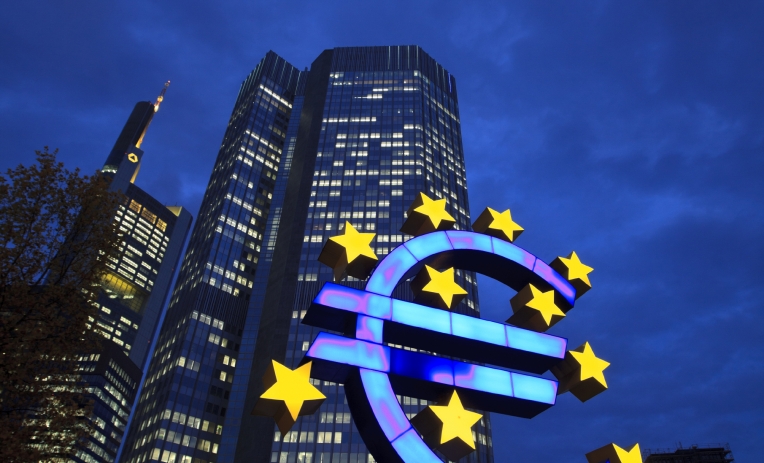Because there are tensions between the ECB and the markets

It is now clear that there are divergences not only between the market and the ECB but – perhaps more relevant – within the Council itself. The comment by Pasquale Diana, senior macro economist of AcomeA SGR
Rates unchanged, in line with expectations. As expected, the ECB left interest rates unchanged from September. Furthermore, the text of the press release does not present any noteworthy changes. However, some interesting ideas emerged during the press conference. We highlight three in particular.
First, the inflation debate. Unsurprisingly, much of the press conference focused on the topic of inflation. The ECB appears firm in its belief that the three causes of the rise in inflation (energy prices, factors linked to production problems (supply chains) and statistical factors linked to VAT in Germany) are destined to decrease in the next months.
On the other hand, the ECB openly admits that some of these factors – for example supply chain problems – will last longer than expected and therefore inflation will exceed expectations in the short term. The medium-term implications on prices will obviously have to be monitored, for example through wage dynamics. For now, the ECB does not appear worried in any case.
Second, the divergence between the market and the ECB on the next steps of monetary policy. The market is pricing in an ECB rate hike by the end of 2022, much sooner than the latest forecasts or the tone of the ECB itself suggest. We recall, in fact, that the ECB believes that three conditions must be met before raising rates: i) inflation at 2% in the middle of its forecast horizon; ii) inflation which remains at those levels for the rest of the forecast horizon; iii) core inflation rising and also destined to settle at 2%.
At the moment, the ECB does not believe that these conditions can be met in 2022, as the market expects. Although perhaps a clearer message was expected from Lagarde, Lagarde still wanted to distance itself from current market pricing, arguing that the ECB will continue to repeat its message with conviction, even if it differs from the expectations of financial operators.
Third, the role of the PEPP and its successors. Lagarde expects the PEPP to conclude in March 2022, which seems to exclude a priori any discussion of a temporal extension. This may sound like a hawkish message, but the real question is what kind of program will come after the PEPP. Lagarde argued that she hopes that the flexibility of the PEPP will continue to be a feature of future programs. This flexibility would be a key factor in allowing the ECB to compress spreads more selectively in the future, but it is not clear whether there is agreement in the Council on this point.
Less growth, but more inflation: eyes on December. Many of the questions raised today will only be answered during the meeting on December 16, when the ECB will publish the new macro forecasts (which will include 2024) and announce how the PEPP will be replaced (perhaps by a new APP).
It is now clear that there are divergences not only between the market and the ECB but – perhaps more relevant – within the Council itself. With the gradual exit from the pandemic, all the ingredients are in place for the tensions (never completely subsided) between hawks and doves to intensify in the coming months. The hawks do not welcome that, with the end of the worst phase of the pandemic, the ECB should continue to be so active in the market, especially at a time when inflation expectations are rising rapidly and the central bank should start reducing monetary stimulus. On the other hand, doves believe it is premature to reduce the stimulus, given that the recovery in the Eurozone remains weaker than – for example – in the US and the problems on the supply chain side are weakening the industry. Finding a compromise that is able to please everyone will not be easy.
This is a machine translation from Italian language of a post published on Start Magazine at the URL https://www.startmag.it/economia/perche-ci-sono-tensioni-fra-bce-e-mercati/ on Sat, 30 Oct 2021 05:49:56 +0000.
